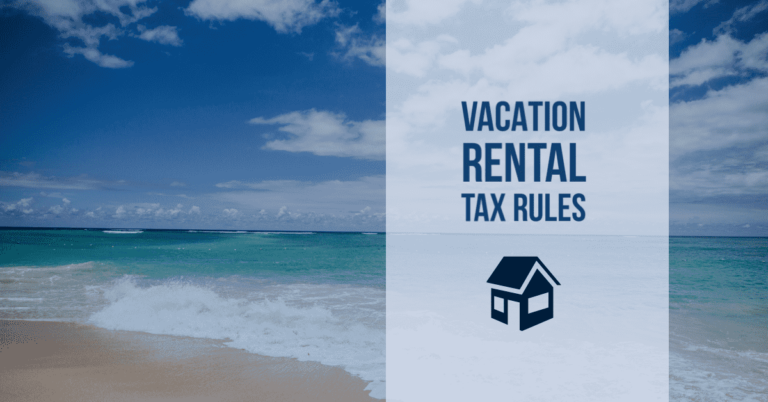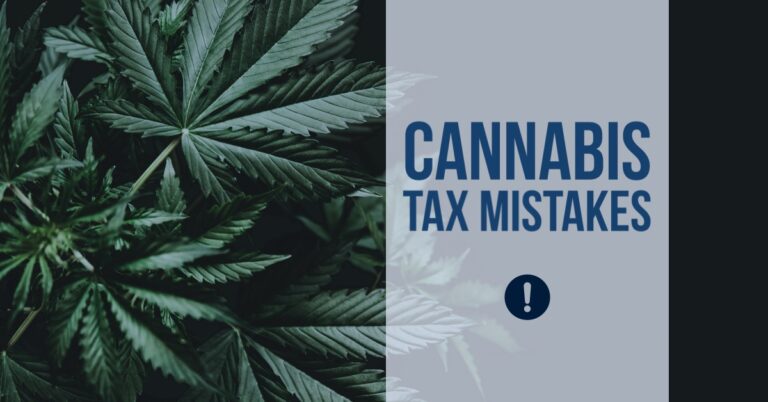How does the cancellation of your student loan affect your tax liability?
In general, if a loan or other debt you owe is canceled, you must report the cancellation as income. This means that you will generally have income that you must pay taxes on, if your student loan is canceled.
However, if your student loan qualifies for one of the exceptions that the tax law provides, you won’t have income from the cancellation.
American Rescue Plan Act of 2021
The American Rescue Plan Act of 2021 (ARPA) is allowing a temporary relief from taxation on most student loans forgiven after December 31, 2020, and before January 1, 2026. This includes all federal student loans and certain private education and institutional loans. Normally, the forgiveness or cancellation of this debt is included as taxable income.
ARPA expanded the student loan debt exclusion to exclude from gross income certain discharges of student loans after December 31, 2020, and before January 1, 2026. However, taxpayers should be aware that some types of loans will have the timeframe reduced, but if that timeframe extends beyond 2026, then those taxpayers would still be liable for a large tax bill. The new ARPA exclusion applies to either partial or full-time students.
The expanded student loan discharge exclusion applies to:
- Private education loans (A “private education loan” is a loan extended to a consumer expressly in whole or in part for “postsecondary educational expenses”)
- Loans provided expressly for postsecondary educational expenses, regardless of whether provided through the educational institution or directly to the borrower, if such loan was made, insured, or guaranteed by the United States, a state or local governmental entity, or an eligible educational institution
- Loans made by an educational organization qualifying as a 50 percent charity
- Loans made by a tax-exempt organization to refinance a loan to an individual to assist the individual in attending any educational organization, but only if the refinancing loan is under a program of the refinancing organization that is designed as an educational organization qualifying as a 50 percent charity
As a result, if a student loan is discharged for any reason above, it will not result in discharge of indebtedness income to the borrower (hence, the student won’t receive a large tax bill on the loan forgiveness amount).
It is important to note: the discharge of a loan made by either an educational institution or a private education lender is not excluded under the expanded ARPA rules (and therefore would incur taxes) if the discharge is on account of services performed for either the organization or for the private education lender.
Student Loan Cancellation Due to Public Service Work
Many student loans contain a provision that all or part of the debt will be canceled if the student works for a certain period of time in certain professions for any of a broad class of employers (e.g., as a doctor for a public hospital in a rural area).
If cancellation of all or part of your student loan is contingent on your fulfilling this type of service requirement, you won’t have income if any part of the loan is canceled because you performed the required services.
For example, if the terms of a $100,000 loan under a medical educational loan program provide that one-fifth of the loan ($20,000) will be canceled each year the student practices medicine in a qualifying state hospital, the student won’t have to report the $20,000 that’s canceled each year because he or she performs those services.
Qualifying Criteria for Public Service Student Loan Cancellation
Student loans that qualify for this exception are loans that are made to a student to help him or her attend a qualified tax-exempt educational institution.
Qualifying student loans may be made by:
- Government entities (e.g., the U.S., or a state)
- Tax-exempt public benefit corporations
- Tax-exempt educational institutions with funds the institution received from a government entity or tax-exempt public benefit corporation
Loans made by tax-exempt educational institutions out of private, nongovernment funds also qualify, but only if the loan imposes a public service requirement.
The institution must have made the loan under a program designed to encourage students to serve in occupations or areas with unmet needs, and the services provided by the student (or former student) must be for or under the direction of a governmental unit or a tax-exempt organization.
Cancelling Student Loans to Refinance Another Student Loan
Qualifying student loans also include loans made to refinance another qualifying student loan.
You won’t have income from the cancellation of a loan made by a tax-exempt organization when:
- The proceeds of the loan are used to refinance an outstanding student loan
- You won’t have income from the cancellation of the refinanced student loan
- The refinancing loan must be made under a program of the refinancing organization that requires the student to fulfill a public service requirement
Exceptions to Public Service Requirement Cancellations
However, you will have income if your student loan (original or refinanced) is cancelled with the following situations:
- Services performed for an educational institution where you’re employed by the lender organization.
- You don’t fulfill your public service obligation, or if the service obligation doesn’t qualify for the exclusion (if, for example, the loan specifies a geographic area for the public service).
- For discharges after 2017 and before 2026, an individual’s gross income doesn’t include any amount from the discharge of a student loan, where the discharge was either made under certain federal statutes, or was otherwise discharged on account of the death or total and permanent disability of the student.
Student Loan Interest Tax Deductions
The tax laws for education expense have been changed many times over the years. For your 2021 and 2022 taxes, student loan interest is deductible up to $2,500. Higher income individuals are “phased out” of the deduction. It begins to be reduced (for single filers) when their modified adjusted gross income exceeds $70,000.
The average actual tax savings for $2,500 of interest paid would be around 15%, or $375.
More Information
If you have questions, contact us to discuss your situation.
To check out our other articles on business topics, click here.

Debra Annis
Debra Annis brings 40+ years of experience in accounting and tax. She helps clients overcome obstacles with cash flow, planning, stability and growth. She enjoys working with clients to find solutions that achieve their plans and avoid paying unnecessary tax.
About Smith Patrick CPAs
Smith Patrick CPAs is a boutique, St. Louis-based, CPA firm dedicated to providing personal guidance on taxes, investment advice and financial service to forward-thinking businesses and financially active individuals. For over 30 years, our firm has focused on providing excellent service to business owners and high-net worth families across the country. Investment Advisory Services are offered through Wealth Management, LLC, a Registered Investment Advisor.




